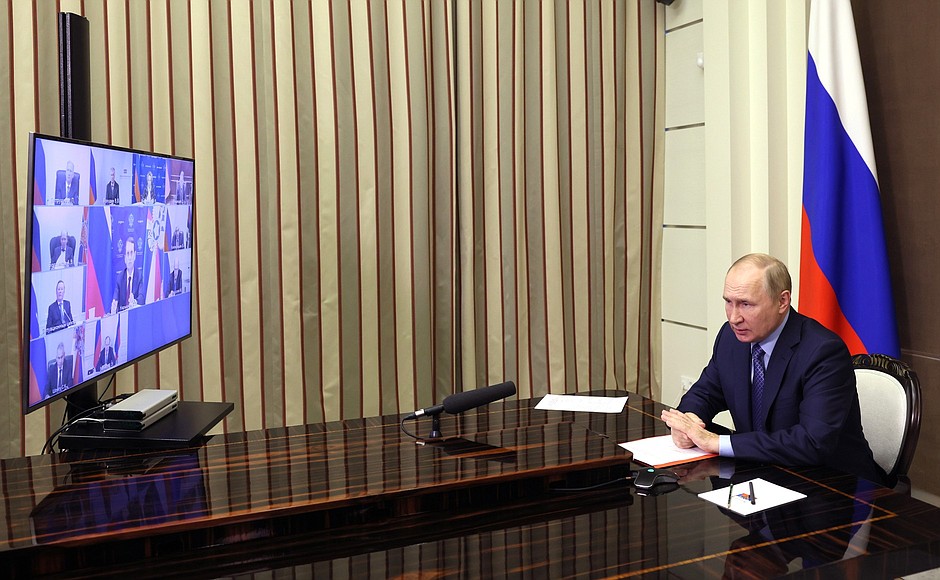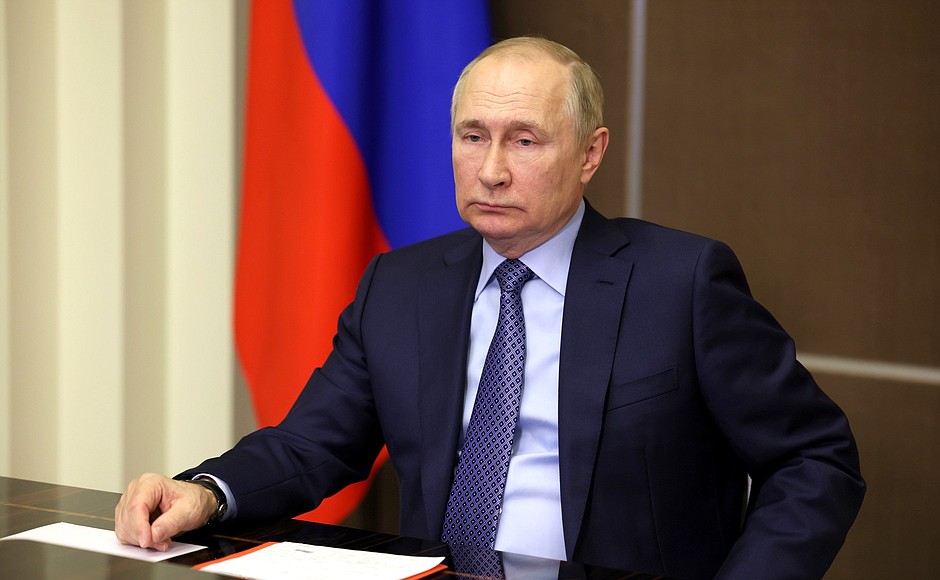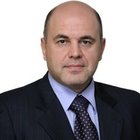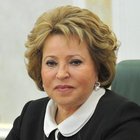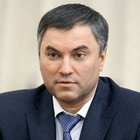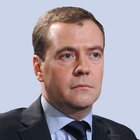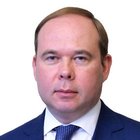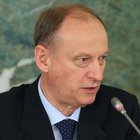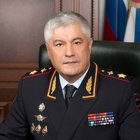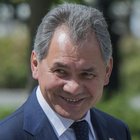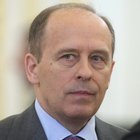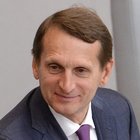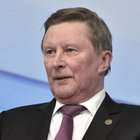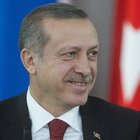The meeting was attended by Prime Minister Mikhail Mishustin, Federation Council Speaker Valentina Matviyenko, State Duma Speaker Vyacheslav Volodin, Deputy Chairman of the Security Council Dmitry Medvedev, Chief of Staff of the Presidential Executive Office Anton Vaino, Secretary of the Security Council Nikolai Patrushev, Interior Minister Vladimir Kolokoltsev, Defence Minister Sergei Shoigu, Director of the Federal Security Service Alexander Bortnikov, Director of the Foreign Intelligence Service Sergei Naryshkin, and Special Presidential Representative for Environmental Protection, Ecology and Transport Sergei Ivanov.
* * *
President of Russia Vladimir Putin: Good afternoon, colleagues,
Today, we will discuss a crucially important issue of implementing Russia’s State Anti-Drug Policy Strategy to 2030 and additional measures to counter illegal drug trafficking.
Before we start, I have a few words to say about another matter, which is the earlier announced suspension of our participation in the grain deal which was originally designed to help the poorest countries by exporting grain from Ukraine.
Everyone knows that, unfortunately, Ukraine used this humanitarian corridor to attempt to attack the Russian Black Sea Fleet. In this connection, we decided to suspend our participation in the grain convoys.
We demanded that the Ukrainian side provide assurances and guarantees that nothing like that would happen in the future, and that humanitarian corridors would not be used for military purposes. Our Turkish partners acted as mediators in clarifying this situation. Our Defence Ministry received information from the Turkish side that Ukraine had provided these assurances and that these humanitarian corridors would not be used for military purposes.
In this regard, I instructed the Defence Ministry to resume our full participation in this effort. However, Russia reserves the right to withdraw from these agreements if Ukraine violates these guarantees.
In any case, even if Russia withdraws from this deal, we, as we made clear earlier in this regard, will be willing to supply the full amount of grain that was supplied from the territory of Ukraine to the poorest countries, which is just 4 percent. The deal was carried out to ensure the food security of the poorest countries, but only 4 percent from the territory of Ukraine went to the poorest countries based on the UN’s classifications. The remaining grain, over 40 percent – 46 percent – went to the EU countries.
So, if Ukraine breaks its vows and we withdraw from this agreement, we will supply the entire volume of grain that has been so far delivered from the territory of Ukraine to the poorest countries free of charge.
In addition, we will not obstruct grain shipments from Ukraine to the Republic of Turkiye in any way in the future, bearing in mind Turkiye’s neutral status in the conflict, the Republic of Turkiye’s grain processing industry capabilities and President Erdogan’s efforts to ensure the interests of the poorest economies. We have no doubts in this regard whatsoever, and we will continue to cooperate with the Republic of Turkiye no matter what.
That is what I wanted to say before we start. Let's get to work. Mr Kolokoltsev is our next speaker.
<…>
